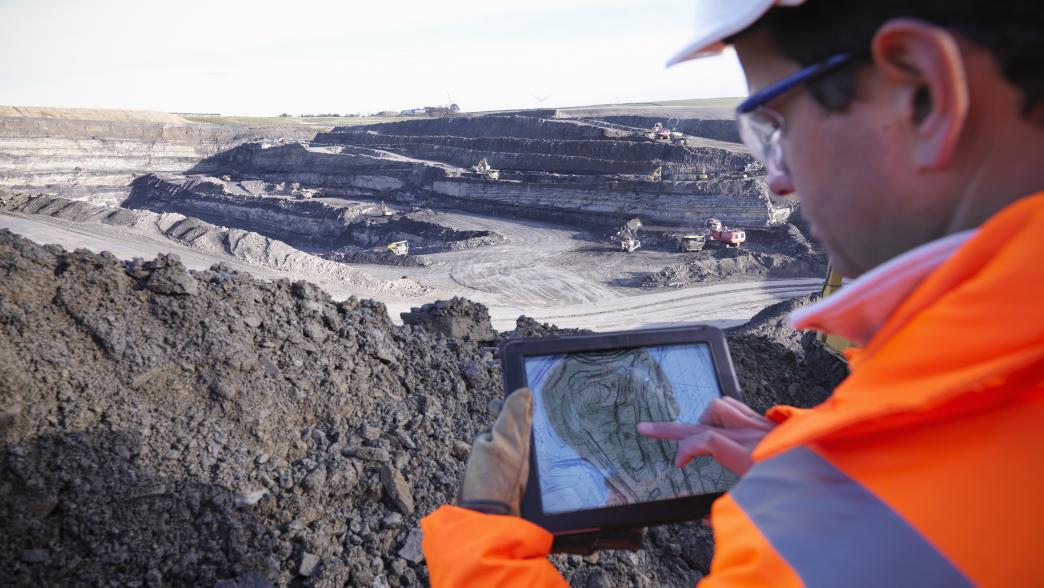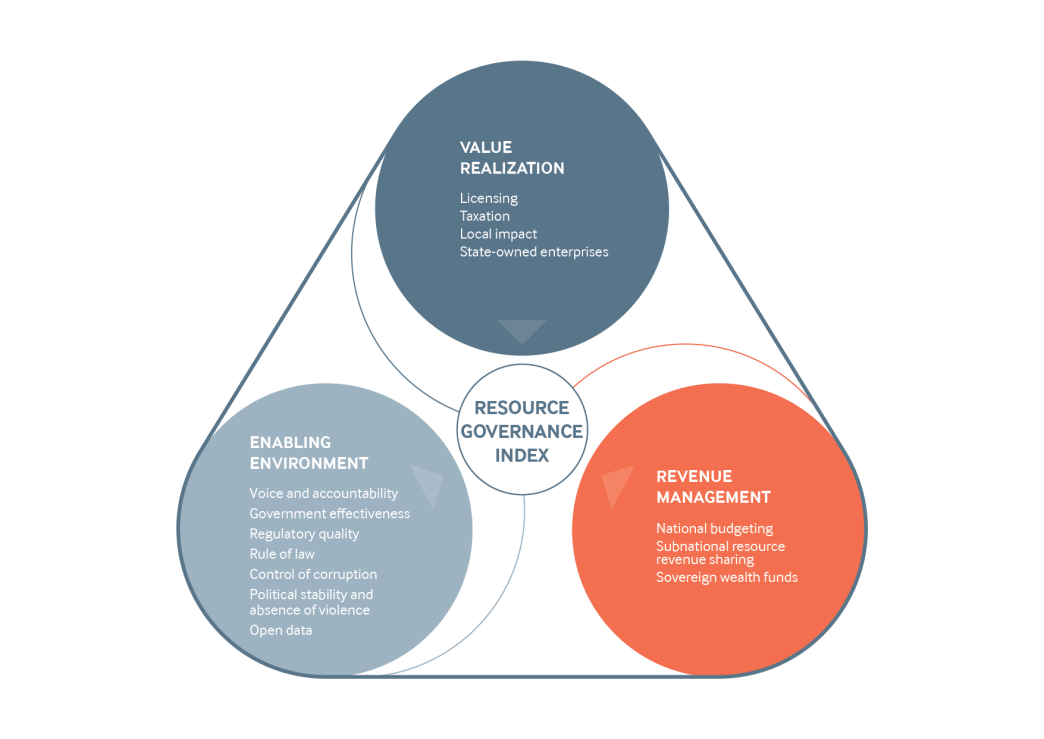
Announcing the 2021 Resource Governance Index: Assessments of Oil, Gas and Mining Governance in 18 Countries
Read the report.
The coronavirus pandemic and the accelerating climate crisis have brought the natural resource sector to a critical juncture. How countries govern their oil, gas and mining sectors will determine how well countries can realize value and manage revenues from their resources and how natural resources can contribute to recovery and ultimately sustainable and inclusive development for people living in resource-rich countries.
At the Natural Resource Governance Institute (NRGI), we are committed to increasing transparency and accountability in the extractive sector. One of our flagship contributions in pursuit of this mission is the Resource Governance Index (RGI), a free data tool that helps key stakeholders—government officials, staff at civil society organizations, oversight actors and private sector executives—to better understand the state of resource governance in countries around the world. But understanding resource governance is only the first step. We produce the RGI as a global benchmark, country and sector diagnostic tool, and a roadmap for policy and practice reforms at the global, regional and country levels.
We last released the index in 2017, empowering and enabling public officials, communities and organizations to push for greater transparency, accountability, and reform within the oil, gas and mining sectors. The 2017 edition resulted in enhanced disclosures by government ministries, increased transparency of traditionally opaque state-owned enterprises, and the use of the RGI by civil society organizations and journalists in their roles as oversight actors. Concrete and tangible reforms have come from shining a light on resource-producing countries’ natural resource management.
We are therefore pleased to announce the launch of the 2021 Resource Governance Index. This year we have taken a new approach, with the staggered release of 18 country assessments over the coming months. First up is Guinea, launching on 16 June. Following that we will publish country data and analysis for Azerbaijan, Colombia (oil and gas, and mining), Democratic Republic of Congo (oil and gas, and mining), Ghana (oil and gas, and mining), Guyana, Lebanon, Mexico (oil and gas, and mining), Mongolia, Morocco, Myanmar, Nigeria, Peru, Qatar, Senegal (oil and gas, and mining), Tanzania (oil and gas, and mining), Tunisia (oil and gas, and mining) and Uganda (oil and gas, and mining). And toward the end of the year, NRGI will release a global analysis.
Each RGI assessment is the result of a robust research process. Researchers and peer reviewers from the assessed countries answered an extensive questionnaire covering all aspects of resource governance, from the allocation of extraction rights to environmental regulations and through to the management of the revenues generated by oil, gas and mining sectors. NRGI staff then undertook a rigorous data review process before we calculated the index.
The composite or RGI score is made up of three components. Two measure key characteristics of the extractives sector – value realization and revenue management – and a third captures the broader context of governance — the enabling environment. These three overarching dimensions of governance consist of 14 subcomponents, which comprise 51 indicators, which are calculated by aggregating 136 questions.
This edition’s narrower country focus will allow us to prioritize the translation of the RGI findings into more tangible impact through individualized country programs, which will include public events as well as strategic stakeholder consultations and ongoing engagement with governments, parliaments, civil society partners and the private sector.
We hope that the 2021 Resource Governance Index will provide key change-makers with the tools to advocate for more transparency, accountability and drive reform in the resource governance sector. We look forward to engaging with partners to discuss the findings and move directly to improvements in governance of these crucial commodities.
Authors

Liz McGrath
Managing Director


